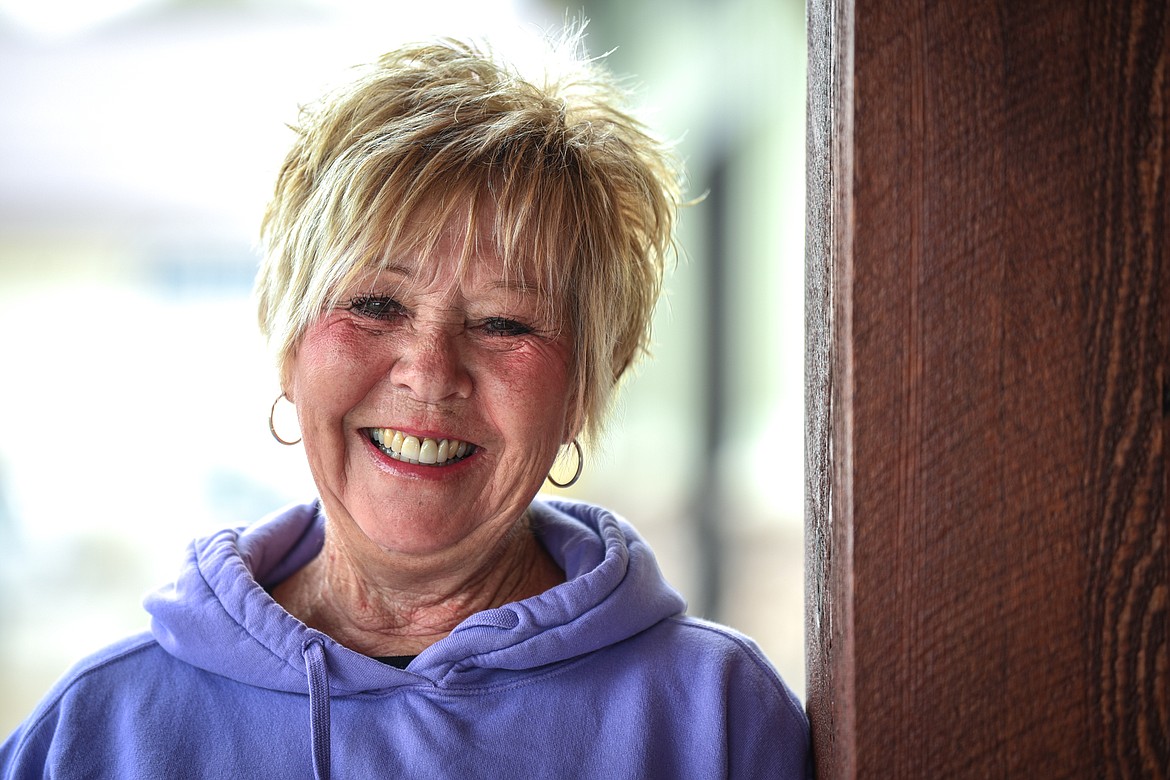As Walk to End Alzheimer's nears, a spouse shares her husband's journey with the disease
About halfway through his three-year battle with dementia, Tony Martin, an ordained deacon in the Catholic Church, told his wife Loree that he had had a visitor that day while she was at work. Loree asked him who visited and Tony replied, “Jesus came, but I told him I couldn’t leave you.”...
Support Local News
You have read all of your free articles this month. Select a plan below to start your subscription today.
Already a subscriber? Login
Daily Inter Lake - everything
Print delivery, e-edition and unlimited website access
- $26.24 per month
Daily Inter Lake - unlimited website access
- $9.95 per month

